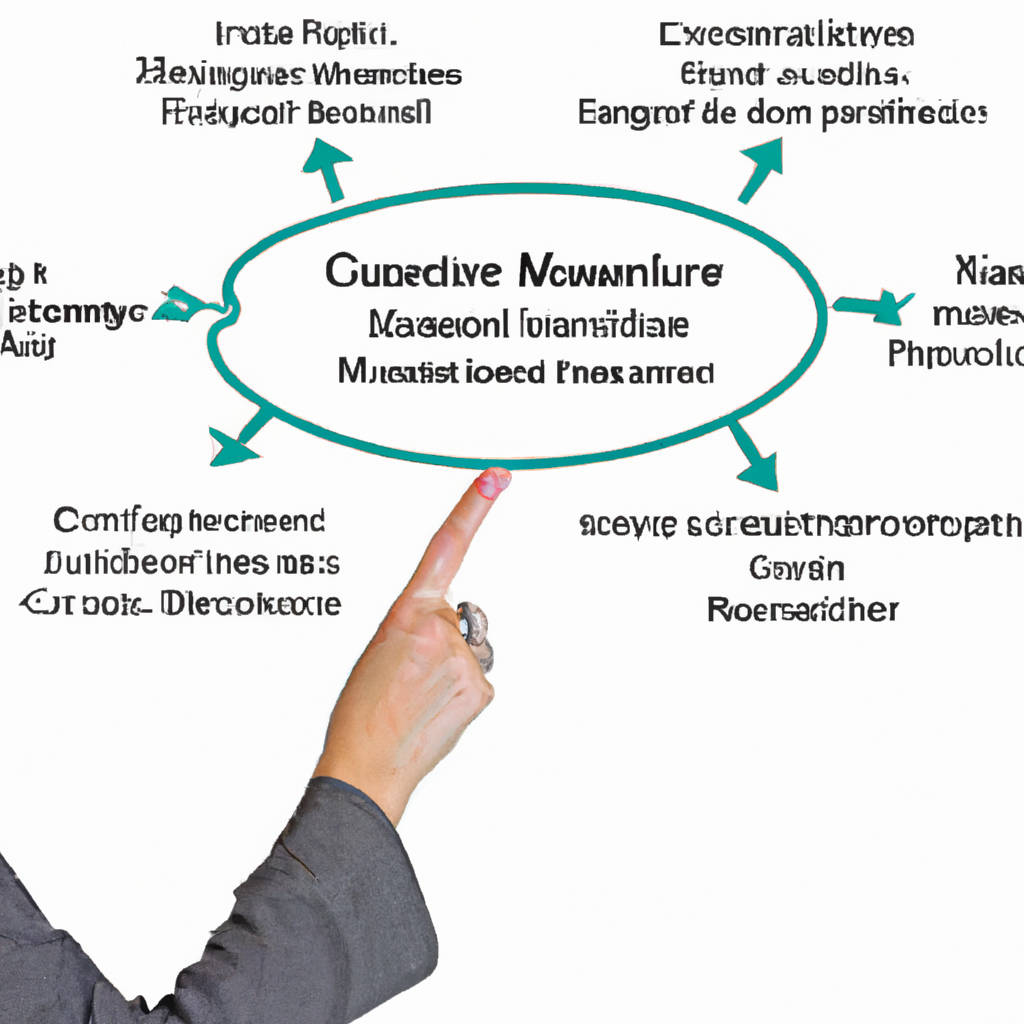A Customer Success Manager is a professional who is responsible for ensuring that customers achieve their desired outcomes while using a product or service. This role requires a deep understanding of the customer’s needs and goals, as well as the ability to build strong relationships with clients. Customer Success Managers work closely with customers to identify potential issues or challenges and provide solutions to address them.
They also serve as the main point of contact for customers, helping to facilitate communication and ensure that any concerns are addressed in a timely manner. Additionally, Customer Success Managers often play a key role in driving customer satisfaction and loyalty by providing ongoing support and guidance to help customers get the most out of their investment. Overall, a Customer Success Manager plays a crucial role in helping businesses retain and grow their customer base by ensuring that customers are successful in achieving their desired outcomes.

Role Definition and Responsibilities
Role definition and responsibilities are crucial in any organization or team to ensure that everyone understands their specific tasks and duties. When roles are clearly defined, it helps to prevent confusion and avoid duplication of efforts. Each individual plays a unique role within the organization, and it is important for them to understand their responsibilities in order to work effectively towards achieving common goals.
By clearly defining roles, team members can focus on their specific tasks and contribute their skills and expertise towards the overall success of the team. Additionally, role definition helps to establish accountability and ensure that each team member is held responsible for their actions and performance. This accountability fosters a sense of ownership and commitment to the team’s objectives. In addition to outlining tasks and duties, role definition also helps to clarify expectations and set clear boundaries for each team member.
This ensures that everyone knows what is expected of them and can work together harmoniously towards a shared vision. Overall, role definition and responsibilities are essential elements of effective teamwork and organizational success. By clearly defining roles and responsibilities, teams can function efficiently and achieve their goals with greater effectiveness and efficiency.
Skills and Qualifications Required
In order to be successful in a particular field or industry, it is essential to possess the necessary skills and qualifications required for the job. These skills and qualifications can vary depending on the specific role, but generally include a combination of education, experience, and specialized training. For example, a career in healthcare may require a degree in a related field, such as nursing or medicine, as well as certifications in specific areas of expertise.
In the technology sector, employers may look for candidates with a strong background in coding languages, software development, and project management. Additionally, soft skills such as communication, problem-solving, and teamwork are often highly valued in any profession. It is important for individuals to continuously update their skills and qualifications in order to stay competitive in the job market and advance in their careers.
By investing in professional development opportunities and seeking out new challenges, individuals can demonstrate their commitment to growth and improvement, making them more attractive candidates for potential employers. Ultimately, possessing the right skills and qualifications can open up a world of opportunities and help individuals achieve their professional goals.

Importance in Business Operations
Compliance with regulations and guidelines is crucial for the smooth functioning of business operations. Failure to adhere to industry standards and government requirements can result in serious consequences for a company, including financial penalties, damage to reputation, and even closure. Ensuring that all aspects of a business are in compliance with relevant laws and regulations is essential for maintaining the trust of customers, investors, and other stakeholders.
It also helps to create a level playing field for all businesses, promoting fair competition and innovation in the marketplace. By prioritizing compliance in their operations, businesses can demonstrate their commitment to ethical practices and responsible corporate citizenship. This not only enhances their reputation but also helps to build stronger relationships with customers and partners.
Moreover, compliance with regulations can also lead to improved efficiency, as it helps to streamline processes, reduce risks, and avoid costly mistakes. Overall, ensuring compliance in business operations is essential for long-term success and sustainability in today’s complex and competitive business environment.
Strategies for Effective Customer Success
Effective customer success is essential for any business looking to retain and grow its customer base. One key strategy for achieving this is to focus on building strong relationships with customers. This can be achieved through regular communication, personalized interactions, and providing value-added services. By understanding the unique needs and preferences of each customer, businesses can tailor their approach to ensure a positive experience that leads to long-term loyalty.
Another important strategy for effective customer success is to prioritize customer feedback and act on it promptly. By listening to customer concerns and suggestions, businesses can make improvements to their products or services that better meet the needs of their customers. This not only shows customers that their opinions are valued, but also helps businesses stay competitive in a constantly evolving market.
Additionally, utilizing data and analytics can be a powerful tool for effective customer success. By tracking customer behavior and preferences, businesses can gain valuable insights that inform their decision-making and help them anticipate and address customer needs before they arise. This proactive approach can lead to increased customer satisfaction and loyalty.
Finally, maintaining a customer-centric culture within the organization is crucial for effective customer success. By ensuring that all employees are aligned around the goal of putting the customer first, businesses can create a seamless and consistent experience for customers at every touchpoint. This can lead to increased customer satisfaction, retention, and ultimately, business growth.
In conclusion, implementing these strategies for effective customer success can help businesses build strong relationships with customers, improve their products and services, make data-driven decisions, and create a customer-centric culture that fosters long-term success. By prioritizing the needs and preferences of customers, businesses can differentiate themselves in the market and build a loyal customer base that drives sustainable growth.

Future Trends and Career Outlook
The future trends in career outlook are constantly evolving as technology advances and industries adapt to changing demands. One key trend that is expected to shape the future job market is automation and artificial intelligence. As more tasks become automated, there will be a greater emphasis on skills that cannot be easily replicated by machines, such as creativity, critical thinking, and emotional intelligence.
This shift will likely lead to increased demand for jobs in fields like data analysis, digital marketing, and software development. Additionally, the growing focus on sustainability and environmental responsibility is expected to drive growth in industries like renewable energy, green construction, and sustainable agriculture. Another trend that will impact the future job market is the gig economy, where individuals work on a freelance or contract basis rather than as traditional employees.
This trend offers flexibility and autonomy for workers, but also comes with challenges like job insecurity and lack of benefits. Overall, the future job market is likely to be characterized by rapid change and uncertainty, requiring workers to be adaptable and continuously learning new skills to stay competitive. Those who are able to embrace these trends and proactively seek out opportunities for growth and development will be well-positioned to succeed in the evolving job market.
